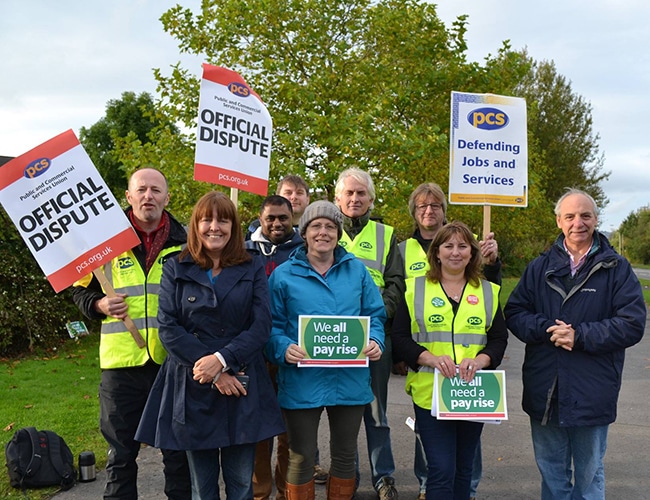- 22/10/2018
- Posted by: Mike Hedges MS
- Category: Press Releases

Loneliness is a real health risk and we must tackle it”
Action needs to be taken to tackle loneliness and social isolation, which already impacts 1 in 5 people in Wales and is fast becoming a significant public health issue says Mike Hedges AM
Mike Hedges made the comments a head of the Welsh Government launching a national conversation on what can be done to combat loneliness and social isolation in Wales.
The National Survey for Wales 2016-17 found that 17% of the population of Wales, around 440,000 people, reported being lonely, while younger people were more likely to be lonely than older people: 20% of 16-24 year olds were lonely, compared with 10% of those aged 75 or over. It can effect anyone, the loss of a partner or moving away with employment or for education can lead to loneliness.
Loneliness and social isolation can result in a number of physical and psychological problems including premature death, sleep problems, high blood pressure, poor quality of life, increased risk of heart attack and stroke, depression and suicide. Research demonstrates that loneliness has an effect on mortality that is equivalent to smoking 15 cigarettes a day.
“Loneliness and isolation is a health problem that affects residents across Swansea it affects different groups of people at a variety of stages of life”
“It can have and does have a significant impact on people’s physical and mental health and preventing people from suffering must be a priority.”
“This is not an issue that one organisation will solve. That is why I support this national conversation and would ask everybody to take part”
You can take part here https://beta.gov.wales/connected-communities-tackling-loneliness-and-social-isolation
The Welsh Government has identified some areas where action can make a significant contribution to reducing loneliness and social isolation:
• Early years – Improving an individual’s experiences in childhood will play a significant part in shaping their future, including developing strong and positive relationships later in life;
• Housing – Ensuring people live in safe and secure neighbourhoods, in the right accommodation;
• Social Care – Providing compassionate, dignified care plays a critical role in ensuring people can be healthy and remain independent for longer;
• Mental Health – Ensuring people maintain good mental health is crucial in maintaining good health, well-being and independence, with access to appropriate support services when necessary;
• Skills and employability – Ensuring people have the right skills to secure decent, sustainable employment opportunities.

